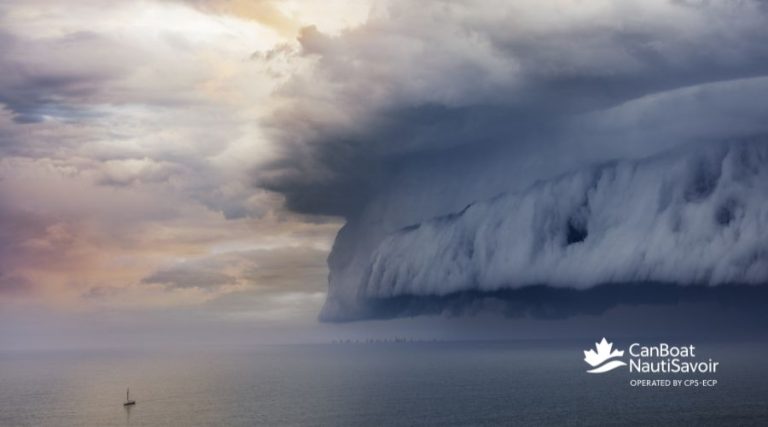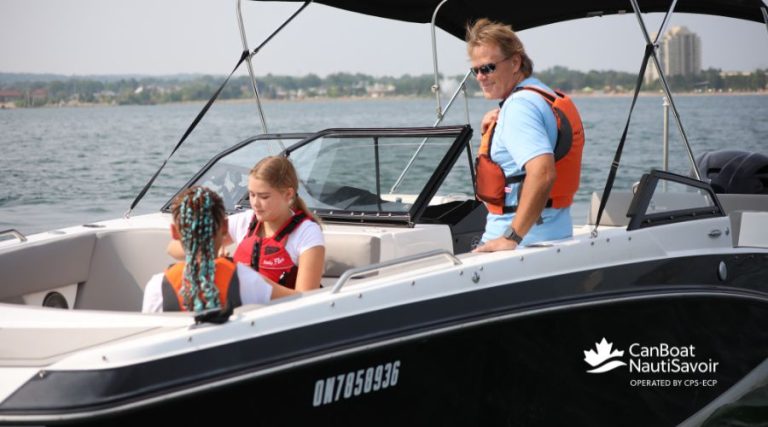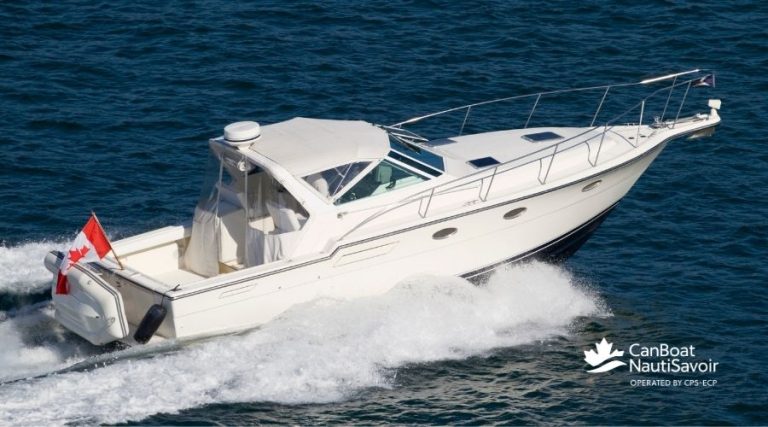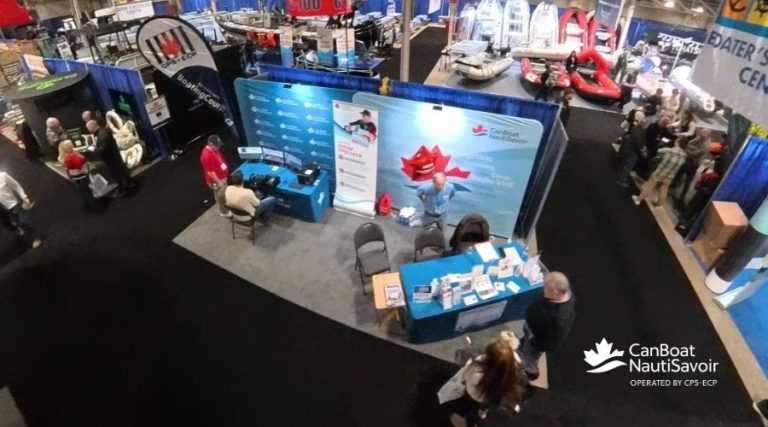Boating and Cannabis: What You Need To Know

Feb 28, 2019
How will the new regulations regarding the possession and use of cannabis affect the operation of vessels?
I have taken the liberty to quote the following information received from Transport Canada:
Since October 17, 2018, the Cannabis Act (Bill C-45) has legalized, regulated and restricted access to cannabis. This Act is a strict legal framework for controlling the production, distribution, sale, possession and use of cannabis in Canada.
The new legislation will allow adults to possess and use small amounts of cannabis. This will no longer be a criminal offence in Canada.
In addition, An Act to amend the Criminal Code (Bill C-46) will set out 3 new drug-impaired driving offences. The 3 offences are for having specified levels of a drug within 2 hours of driving.
Under Bill C-46, it will be illegal to drive and operate a vessel while having:
•a THC level between 2 and 5 nanograms (ng)
•a level above 5 ng
•a blood alcohol concentration of 50 mg per 100
mL of blood, in addition to a THC level of more
than 2.5 ng
Please note: current impaired-based drug driving offences will continue to apply.
What you need to know
Being impaired by any drug or alcohol while carrying
out your work duties can affect your ability to perform. Impairment could negatively impact your watch-keeping duties and other duties related to safety. This, in turn, could have a negative impact on the overall safety of navigation and in marine transportation, including the safety of the public and marine personnel.
Cannabis impairs your ability to:
•focus
•make decisions
•follow instructions
•handle equipment and tools
•safely operate a vehicle
Operating a vehicle, which includes a vessel, while impaired by cannabis risks property and people’s lives. It could come with severe consequences for you, your colleagues and your job status.
Criminal Code: vessel operation
Under subsection 253(1) of the Criminal Code, you may not operate, assist in the operation of, or have the care or control of a vessel while impaired. This applies whether or not the vessel is moving. It also applies whether you are using alcohol or drugs, or both.
For more information please visit: https://www.tc.gc.ca/eng/marinesafety/bulletins-2018-12-eng.htm
By John Gullick, AP
CPS-ECP Manager of Government and Special Programmes




























